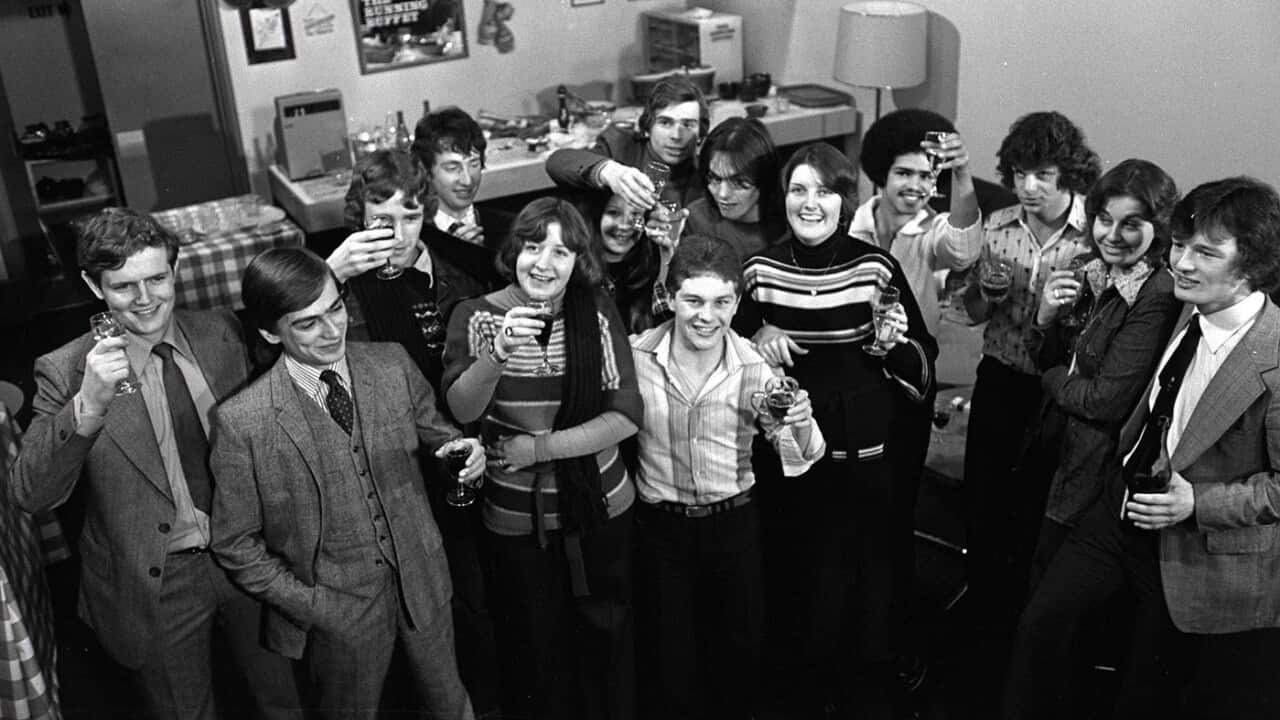Imagine having the foresight and commitment to a natural experiment that has spanned 54 years so far, and excites a worldwide audience every seven years. Michael Apted’s Up series has entered its ninth instalment, and if it’s your first time watching this fascinating program, here’s what you need to know...
It’s a longitudinal study
Let’s start with the academic viewpoint. The very first one of these docos begins with the kind of high-minded mission statement that the people of the mid-1960s liked to infuse their work with. Firstly, Seven Up! was based on the Jesuit saying: “Give me a child until he is seven and I will give you the man.”
“We brought these children together because we wanted a glimpse of England in the year 2000. The shop steward and the executive of the year 2000 are now seven years old,” says the clipped voice-over as we watch grainy footage of children frolicking in a London Zoo playground that would never pass OH&S standards today. And so they did – through the turn of the millennium and beyond, with interviews every seven years to find out what the subjects were thinking about a range of topics, what they were up to, what they were worried about and how they were coping with the dull pain of existence.
It’s a window into some very different lives
Different from our own, and different from each other. It’s impossible to know the rises and falls that we earthlings will face as we grow old, and one of the pleasures of the Up series is checking in over a significant period of time. It’s the opposite of that old schoolmate you’re inexplicably Facebook friends with – instead of watching them grow, change and post borderline racist memes on a daily basis, you’re seeing quite big jumps and learning their stories the old-fashioned way. No spoilers if you’re a newcomer, but there are some very surprising twists in the lifetimes of those mid-century-modern kids.
It’s unintentionally revelatory in parts
When you create a series over such a long span of time, unconscious biases and contemporary viewpoints are going to creep into the finished work. That’s one of the most interesting things about watching these programs in a marathon format.
As fascinating as it is to see how the actual subjects have grown up, it’s sometimes even more fascinating to see how the contexts in which they live have changed. Britain may not be a classless utopia, but it’s a very different place today than it was in 1964, 1970, 1977, 1984, 1991, 1998, 2005 or 2012.
INTERVIEW WITH MICHAEL APTED
